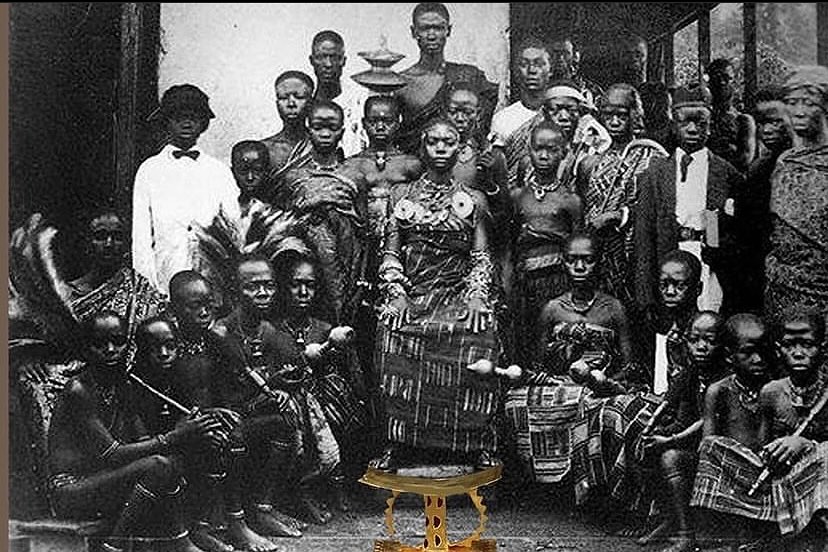Content
- Introduction
- Yaa Asantewaa, Queen Mother and warrior
- Protecting the Legacy of the Golden Stool
- The death of the warrior queen
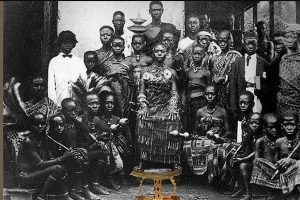
Introduction
“If you, the men of Ashanti, will not go forward, then we will. I shall call upon my fellow women, and we will fight until the last of us falls in the battlefield.”
-Speech by Yaa Asantewaa, 1900
This bold declaration was followed immediately by a gunshot fired into the air. Yaa Asantewaa meant business, and she was ready to prove it beyond any doubt.
Born in 1840, Yaa Asantewaa was the Queen Mother of Ejisu in the Ashanti Empire, now modern-day Ghana. The role was usually reserved for the king’s sister, based on the belief that a person’s spirit came from their father while their blood came from their mother. A female reative therefore had to occupy the position to preserve life and blood.
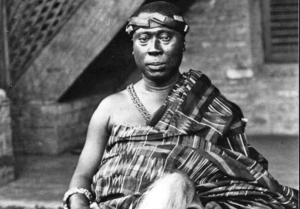
The Queen Mother’s role was largely advisory, and Yaa Asantewaa carried it out with care. When her brother died in 1894, she used her rights to nominate her grandson as the next king.
Yaa Asantewaa, Queen Mother and warrior
Only two years later, the British exiled her grandson, the king, along with other members of the Ashanti government to the Seychelles. All this was in a bid to seize the Golden Stool, an article of immense monetary value to the British but greater cultural value to the Ashanti people.
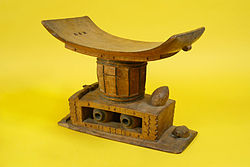
The few leaders left gathered in secret. They needed to protect the stool and their heritage, but they were completely uncertain of the way forward. Yaa Asantewaa saw two choices: sit and watch her people’s legacy be stolen and destroyed, or rise to lead them in battle. Against all odds, she chose the latter.
In 1900, she rallied 5,000 warriors and led the Ashanti military in the War of the Golden Stool. For nearly half a year they laid siege to the British, causing over a thousand British casualties; the highest death toll of any Anglo-Ashanti war.
Protecting the Legacy of the Golden Stool.
By 1902 the British annexed the Ashanti Empire and exiled Yaa Asantewaa. They demanded the stool, but the protectors of the stool outwitted them by surrendering a fake. The original was hidden until 1957, when Ghana gained independence. Today, the stool still sits proud among its people, used in the crowning and swearing in of Ashanti rulers.
The death of the warrior queen
Yaa Asantewaa died in exile in 1921, but her memory lives on, immortalized in song:
“Yaa Asantewaa ee, Obaa basia,
Ogyina apremo ano ee,
Waye be egyae,
Na wabo mmode.”
The woman who fights before cannons.
You have accomplished great things.
You have done well.
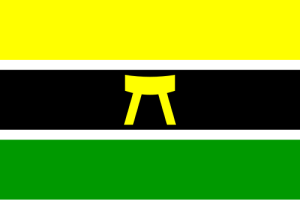
Which part of Yaa Asantewaa’s story speaks to you most?
Share with us in the comments!

